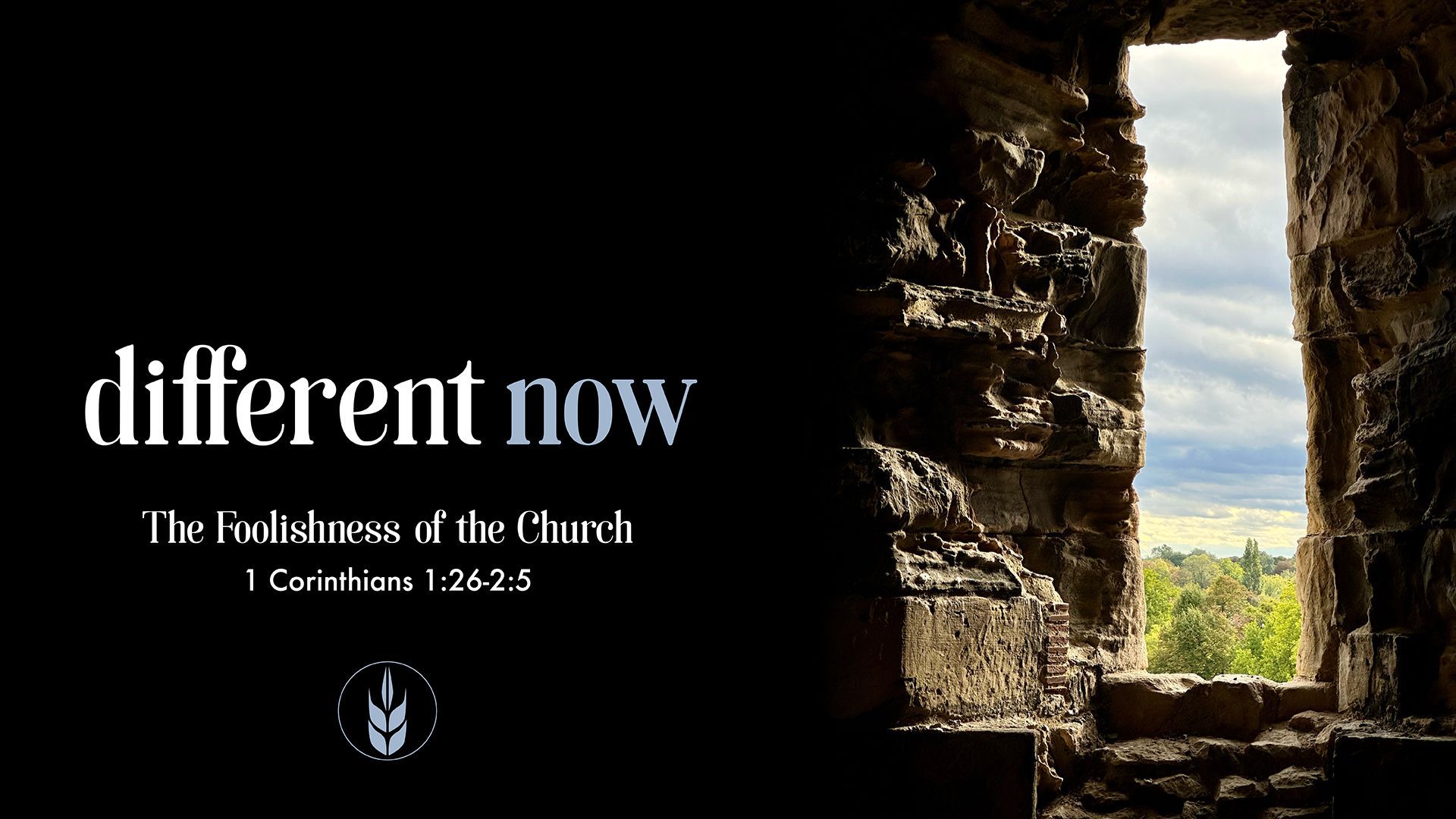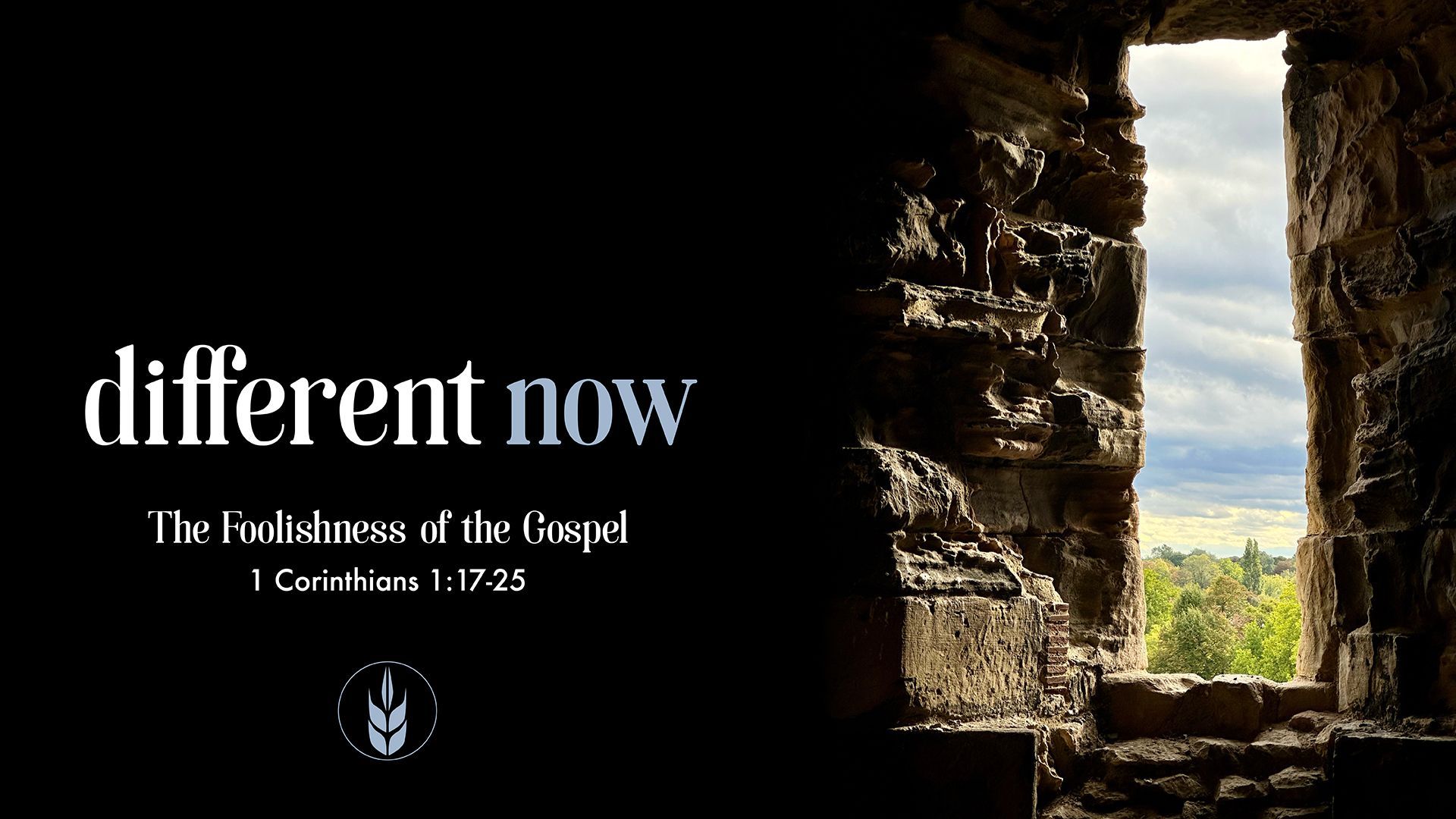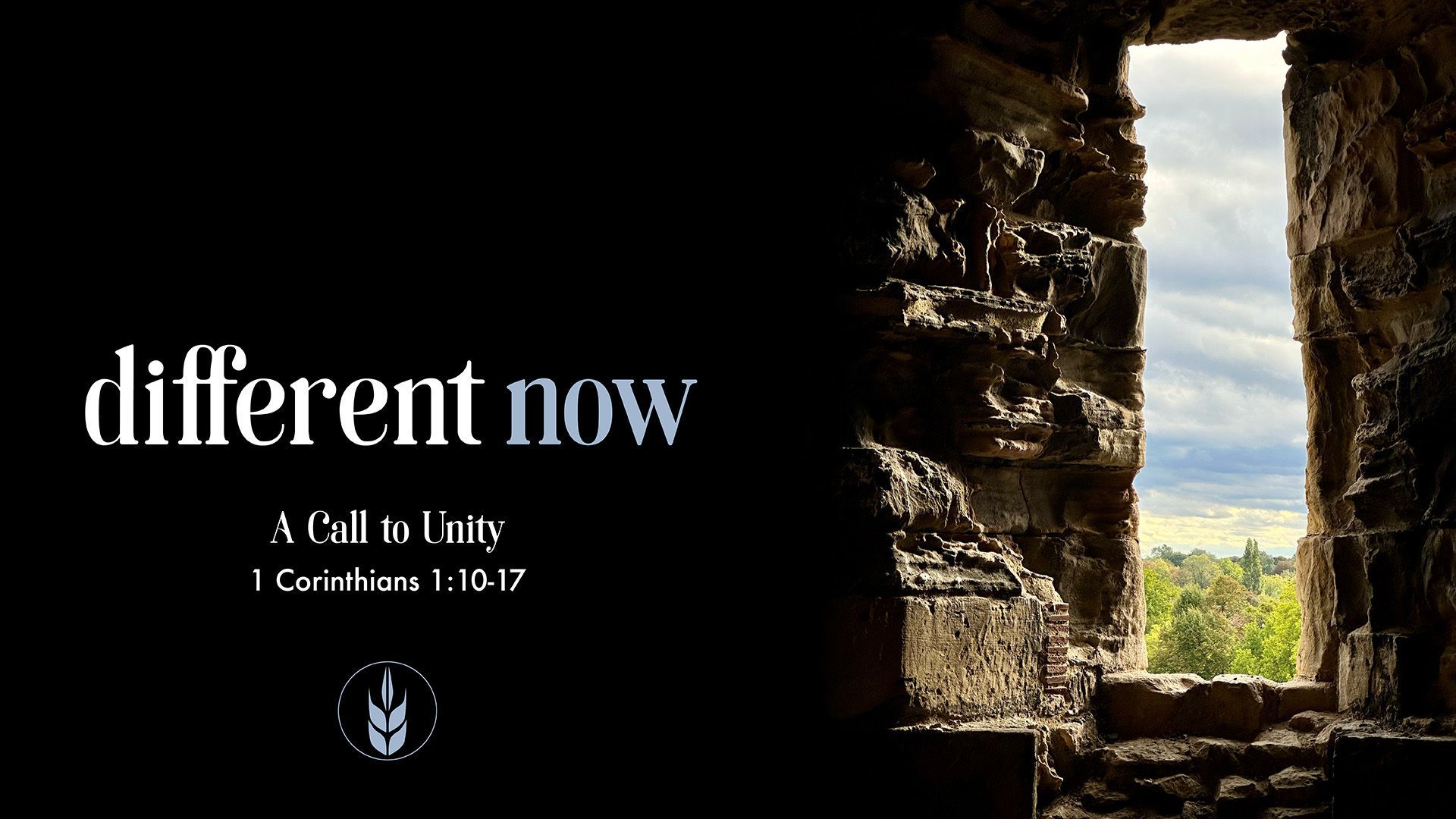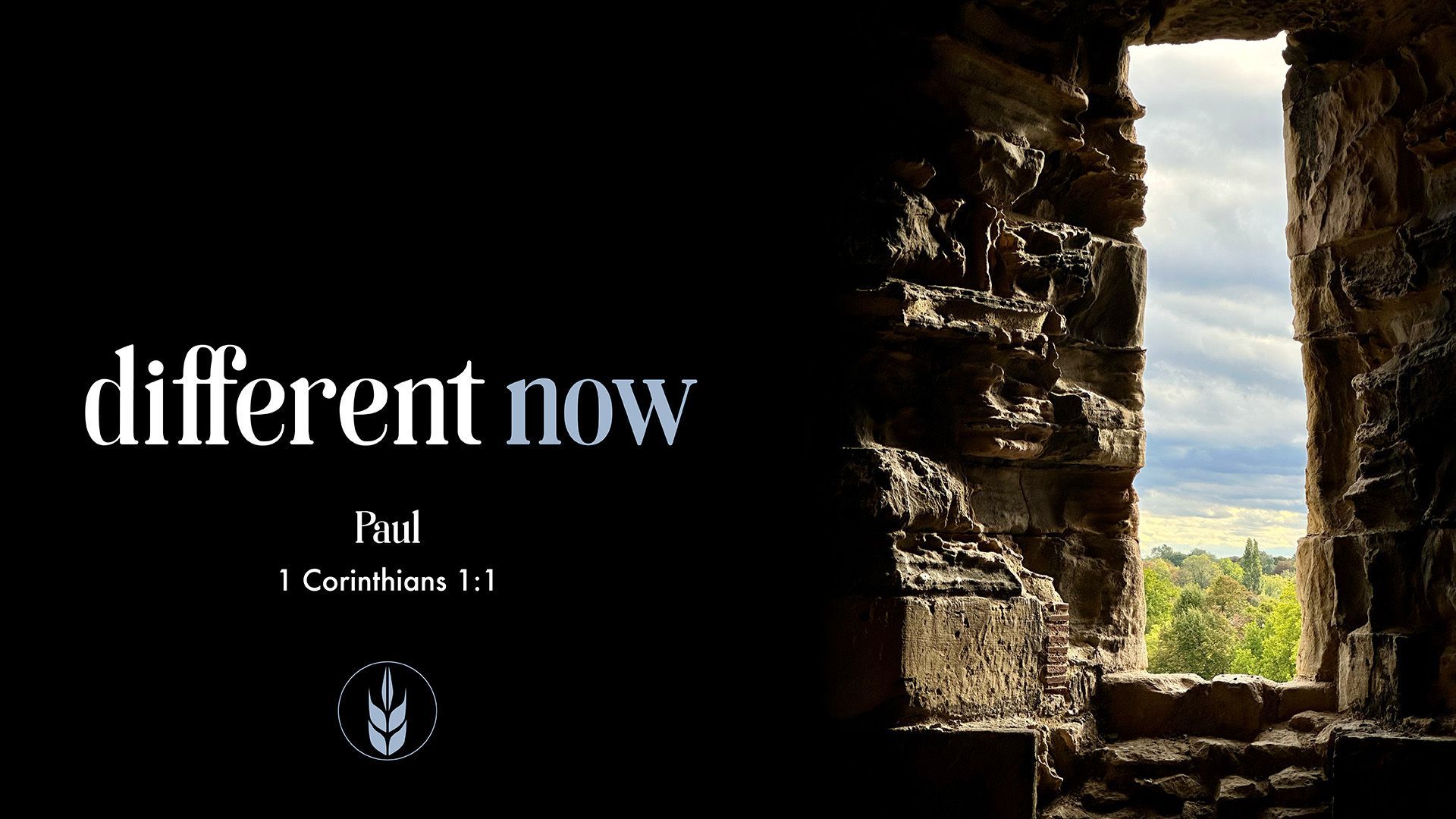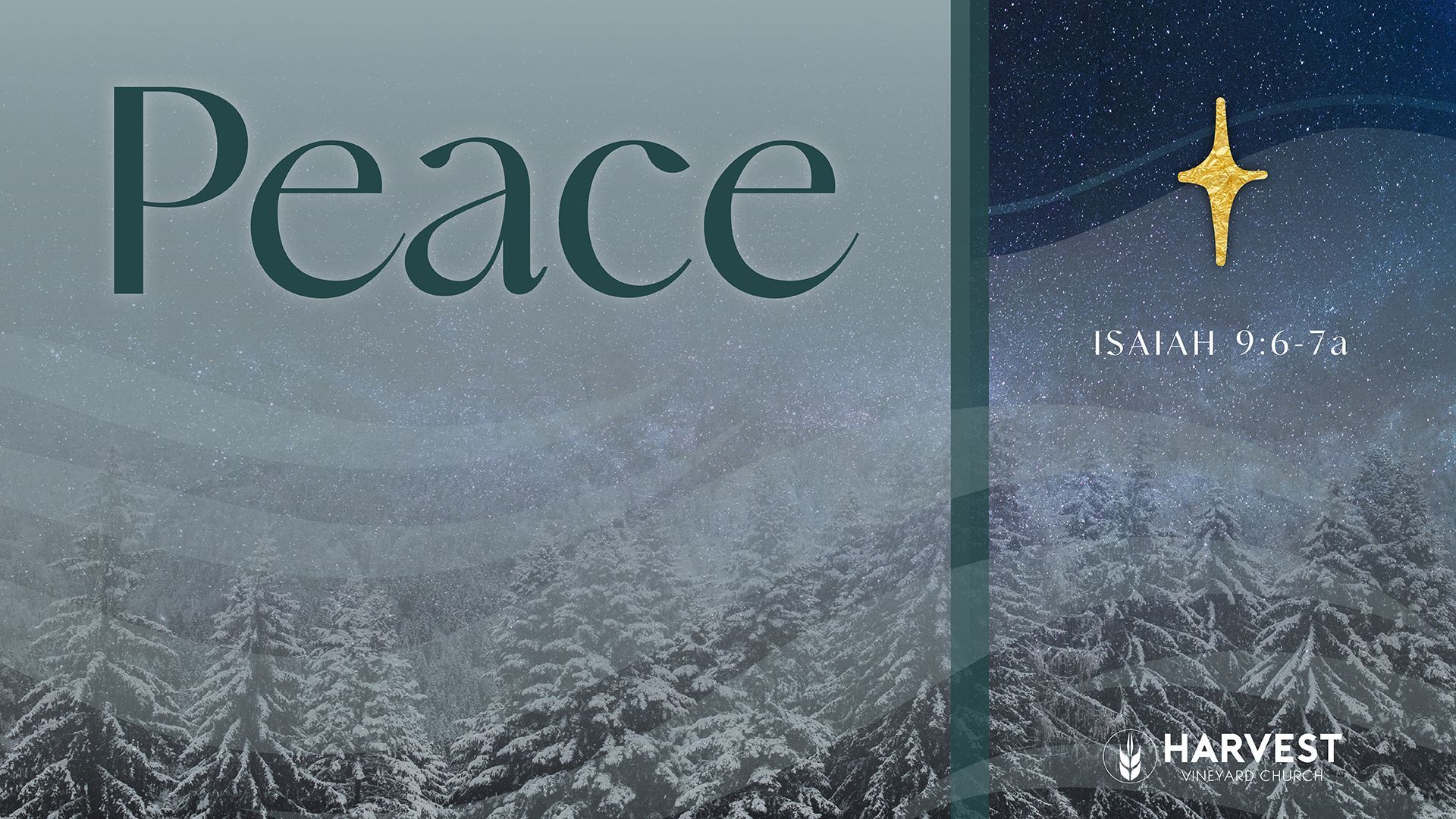
Can Science and Miracles Coexist?
In today's fast-paced world, where science and technology drive much of our understanding, many find themselves at a crossroads between religious belief and scientific discovery. The question often arises: Can one truly believe in both miracles and science? This question invites us to explore a both/and mindset that doesn't separate science from spirituality but blends them to provide a fuller picture of the universe and God's work within it.
Understanding Science and Miracles
To begin this exploration, it's crucial to establish what we mean by science and miracles. Science, fundamentally, is a method of understanding the natural world, providing us with insights into the universe's mechanics through empirical evidence and observation. In contrast, miracles are events where God's kingdom breaks into our world, stepping beyond natural laws to restore and reveal His love and power.
The beauty surrounding us, from celestial wonders captured by the Hubble telescope to the complexities of microscopic life, demonstrates how scientific exploration can lead us closer to appreciating divine creativity. In over 30 years, the Hubble telescope has cataloged more than 1.7 million observations, such as the breathtaking planetary nebulae, which evoke awe in both scientific circles and spiritual communities. These phenomena showcase the majestic hand of God intertwined with scientific marvel.
Approaching the Tension
How do we resolve the tension between science and faith? Here are three key frameworks:
1. Do Not Be Anxious About Anything
When confronted with dense questions and seeming contradictions, anxiety can arise. The Apostle Paul provides comfort in Philippians 4:6-7, urging us to avoid anxiety and instead bring our concerns to God through prayer. By doing so, God's peace, which surpasses all understanding, guards our hearts and minds.
Choosing prayer over anxiety allows us to engage confidently with scientific and spiritual questions, providing a grounding in peace that transforms conversations and relationships. As believers walk in faith and discuss complex issues, they can radiate peace, showcasing a life grounded not in doubt, but in divine assurance.
2. Be Seekers of Truth
Philippians 4:8 encourages believers to focus on what is true, noble, and pure. Scientific truths and spiritual truths need not be at odds; they can enrich one another. Discovering more about the physical world can deepen our reverence for God, while faith helps us interpret and appreciate scientific discoveries with greater depth.
While empirical evidence forms the basis of scientific truth, spiritual truths are rooted in the person of Jesus Christ. As Jesus asserts in John 14:6, He is "the way and the truth and the life." The truth that transforms lives is not found solely in human knowledge but in a personal relationship with Christ.
3. Have Faith
Hebrews 11:1-3 reminds us that faith is the assurance of things hoped for, the conviction of realities unseen. Faith is less about having concrete answers and more about trusting God amidst uncertainties. The Bible describes numerous miracles, from the Red Sea's parting to Jesus healing the sick, illustrating God's kingdom breaking into the physical world.
This journey of faith involves acknowledging mystery and trusting God's goodness, even without full understanding. The transformation from spiritual death to life in Christ, as outlined in Ephesians 2:4-9, represents the ultimate miracle, emphasizing salvation's grace and the transformative journey with Jesus.
A Harmonious Relationship
As we reflect on the coexistence of science and miracles, we find that the same God who crafted the universe is actively engaged in healing and restoration. We can revel in scientific achievements and miracles, recognizing both as reflections of God's vast creativity and power.
Indeed, by embracing curiosity over fear, seeking truth universally, and nurturing faith that welcomes mystery, we can confidently approach life's complexities. In this space, belief in science and miracles coexist harmoniously, revealing God's masterful design and inviting deeper engagement with His world.
Let us adopt a perspective of wonder and thankfulness, acknowledging God who is near, embodies truth, and continues performing wonders in both natural and supernatural realms. Through this outlook, we recognize that science and miracles are not contradictory but complementary, illustrating God's grandeur and inviting us into a richer understanding of His creation and nature.
Hit play to listen to the sermon this blog is based on
At Harvest Vineyard, we believe we are better together, in community. We're glad you're here.
ENCOUNTER CHRIST.
EXPERIENCE COMMUNITY.
LOVE THE WORLD.
We believe that experiencing the love and mercy of God is more effective in bringing change to people's lives than rules, guilt, and condemnation. We have attempted to make our community a place where people can come as they are and still experience love and mercy. At the same time, we desire to learn and apply the truth of God to our lives and learn how to speak truth to one another.



